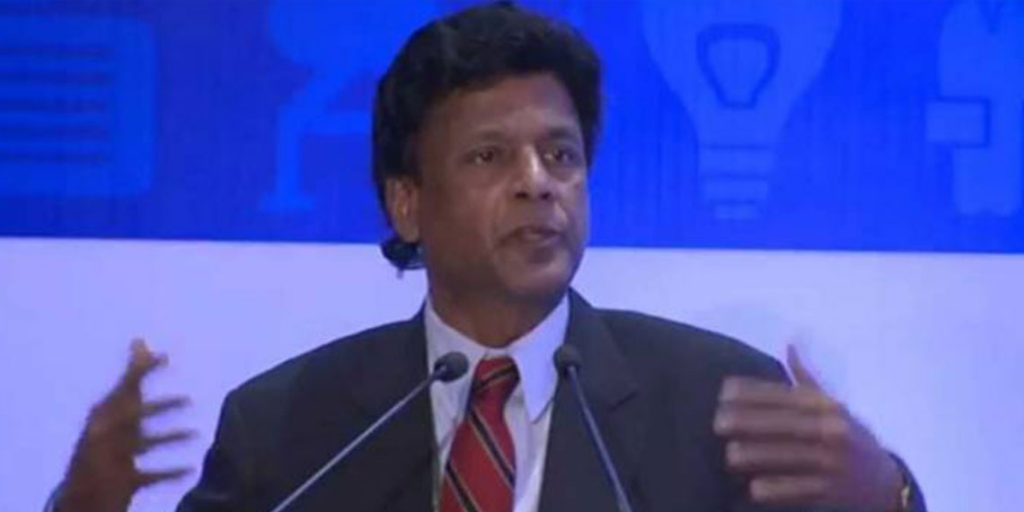ROAR of Ravi Dev 1-1-20
Last week, I started to look back at events that occurred at the end of the second decade of the 20th century, when there were initiatives to launch a “Colonialisation Scheme” to bring additional labour to Br. Guiana in light of the ending of indentureship in 1917 and a “labour shortage” in the sugar industry. Before continuing, I would like to offer a perspective, which I have expressed before, on my historiographical perspective in doing so.
Histories, after all, are always written within a particular “space of experience” – the ways that the past is remembered in the present and a “horizon of expectation” – the anticipation of the non-yet-known future beyond the horizon. A history of our present, in the words of the anthropologist David Scott demands that “histories of the past ought to be interventions in the present, strategic interrogations of the present’s norms as a way of helping us to glimpse the possibilities for an alternative future.”
I was looking back from a present that is once again fraught with the potential for conflict between the two major groups that have competed for political power since the end of indentureship, when it dawned on some leaders that the demographics would be a major determinant in that arena. Indians were a plurality and if immigration from India were resumed they could form a majority. As I pointed out last week, this was the beginning of the manifestation of the Indian and African Security dilemmas.
Eric Philips had brought up the subject in December 2014 and then again in Dec 2019: in both instances this were months before general elections. There were two points I wanted to make: firstly, that Mr Philips had elided the fact that the Colonisation Scheme has included recruitment of new labour from not only India, but Africa and the West Indies. In fact, while there were no subsequent immigration from Africa, immigrants from the West Indies between 1920-1928 totalled 1,727 persons of African origin, while in the same period, there were 607 from India.
The second was what should be our “horizon of expectation? I am suggesting that with the privilege of hindsight, we should connect the past with the present in a broader narrative that is healing rather than destructive? We cannot change the past, but we can certainly change the future. Our horizon of expectation must generate strategies that speak to those normative ends rather than further dividing us. They must ask whether their particular narrative that seeks to connect our past to the present and envision a more positive future that delivers those normative ends.
Our problem space today is different from our post-independence era: the demographics now deny any built-in ethnic majority and so opens up the possibilities of a working democracy. A constructive narrative cannot then picture our opposing groups locked forever in mortal combat. Crucial to the formulation of a constructive narrative would be what Hayden White labelled the “content of the form” of the narrative – particularly its plot to link past, present and future.
Hegel’s famous interpretation of Antigone as the paradigmatic Greek tragedy might be particularly apt to our situation. In this narrative, both “sides” are morally right. The conflict is not between good and evil but between “goods” on which each is making exclusive claim. Isn’t this the situation that our mutually exclusive narratives of victimhood with its facile binary oppositions have delivered us into? In Guyana, Africans, Indians and Amerindians are all “right”. Such an employment within a narrative, I am suggesting, should suggest compromise rather the than a battle of one side overcoming. That would be a constructive narrative for our time, place and circumstances.
In noting the importance of narratives in the task of nation building, Benedict Anderson has identified the importance of newspapers that are read every morning in constructing what he has tellingly labelled “Imagined Communities”:
“The significance of this mass ceremony – Hegel observed that newspapers serve modern man as a substitute for morning prayers – is paradoxical. It is performed in silent privacy, in the lair of the skull. Yet each communicant is well aware that the ceremony he performs is being replicated simultaneously by thousands (or millions) of others of whose existence he is confident, yet of whose identity he has not the slightest notion.”
Let us use our newspapers for nation building rather than tearing it apart by narratives that
are fighting long-gone terrors.
